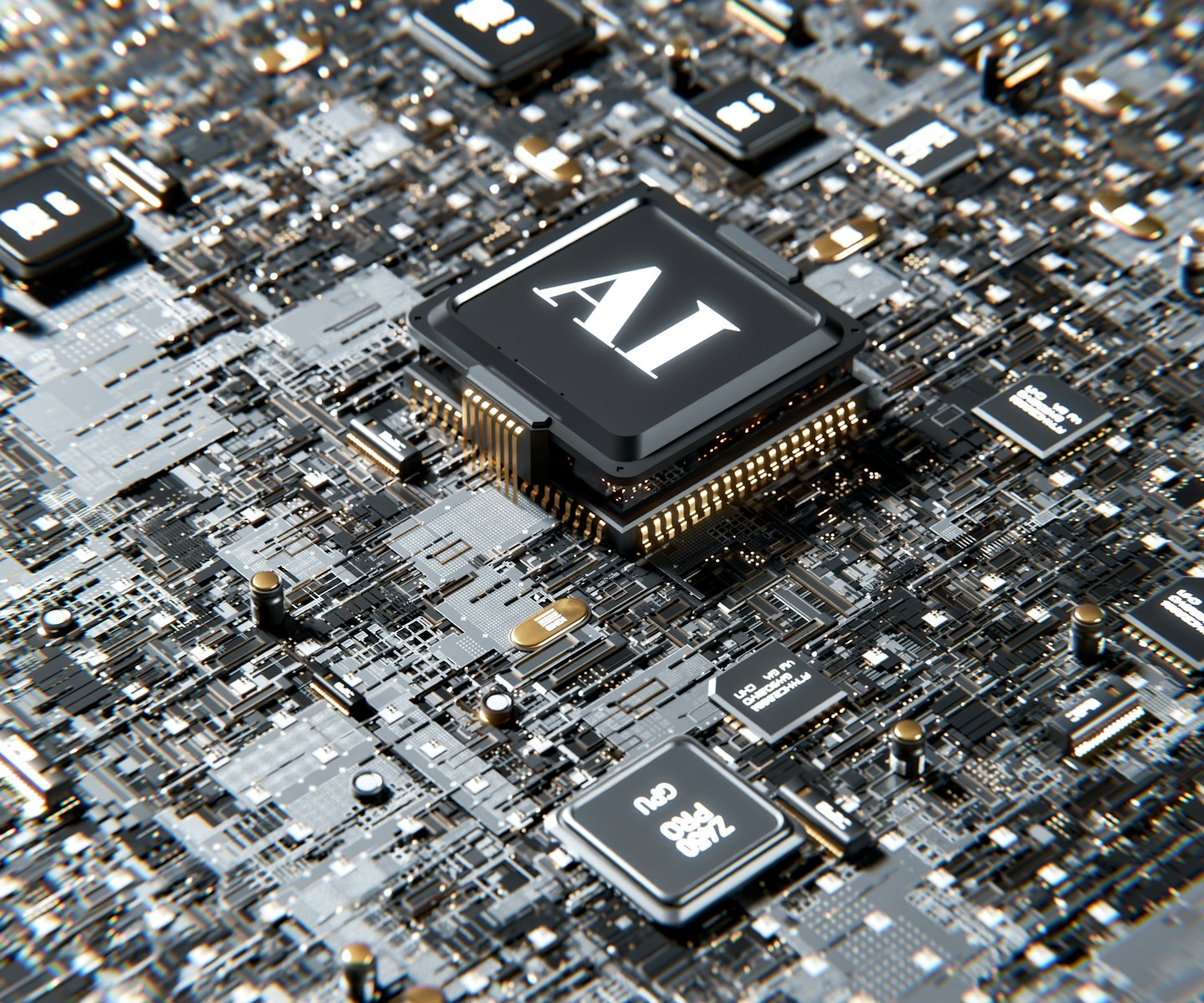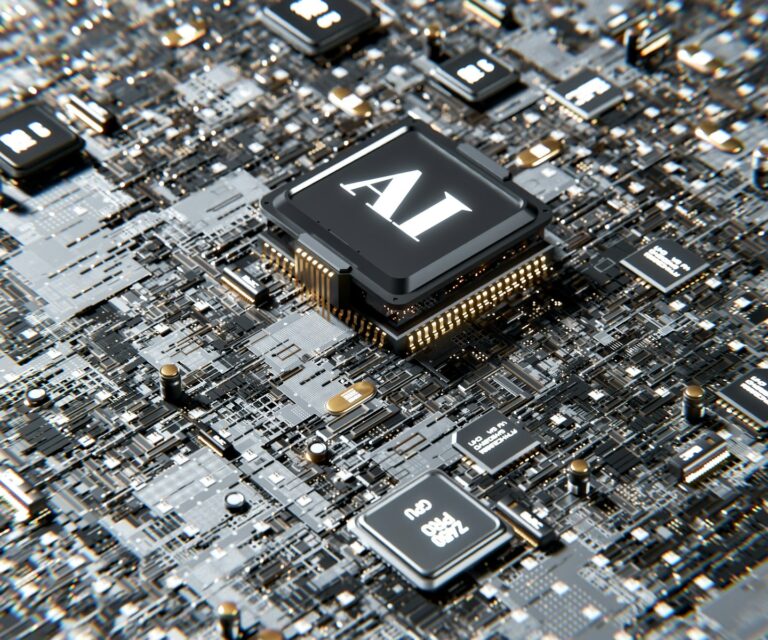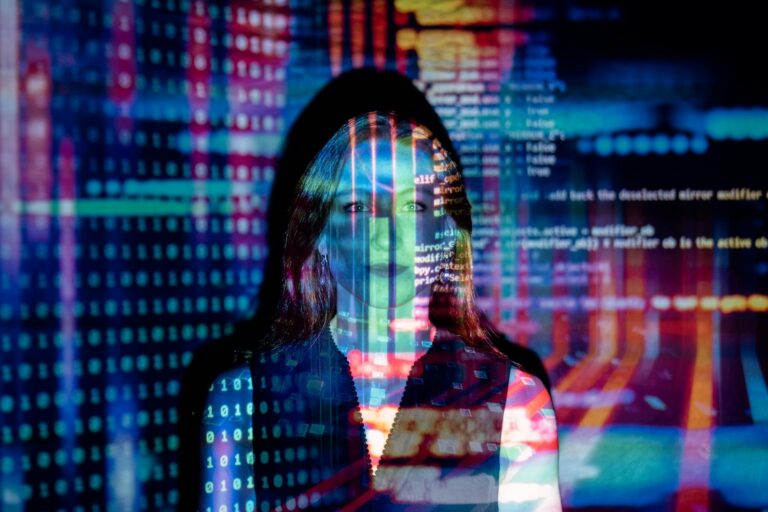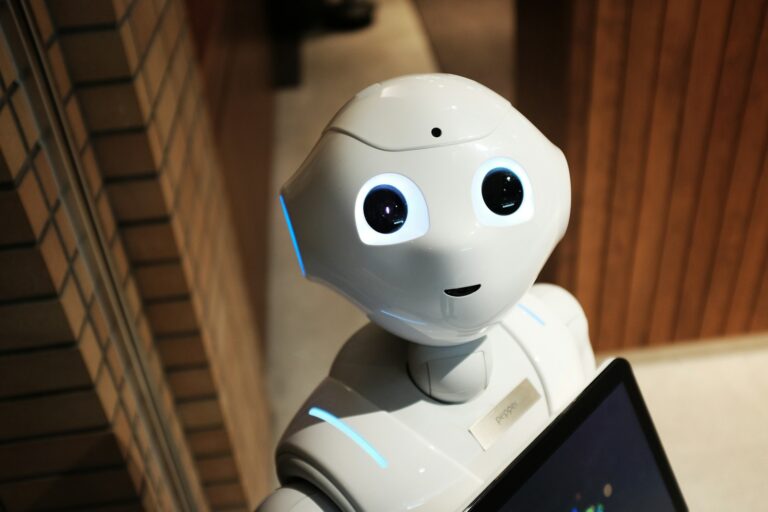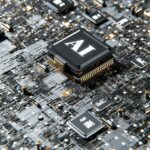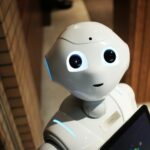Science: AI Agents as Lab Assistants — Accelerating Scientific Discovery
For centuries, the pace of scientific discovery has been limited by human capacity — our ability to design experiments, gather data, and interpret results. But a new kind of collaborator is entering the lab: the AI agent.
These intelligent, autonomous systems are not just helping researchers — they’re fundamentally redefining how science is done. From hypothesis generation to robotic experimentation, AI agents are becoming the driving force behind a new era of accelerated discovery.
The Rise of the AI Lab Assistant
Traditional scientific research relies on painstaking manual processes: designing experiments, collecting results, and iterating over time. AI agents, however, can do all of this — faster, smarter, and continuously.
Modern agentic systems can:
- Generate and refine hypotheses using vast data sources.
- Design and simulate experiments autonomously.
- Control lab robots to perform tests 24/7.
- Analyze data in real time and suggest next steps.
This closed-loop system — AI designing, executing, and interpreting experiments — represents a seismic shift in how science progresses.
Case Studies: AI-Driven Discovery in Action
Several breakthroughs are already demonstrating the power of agentic AI in scientific research:
- DeepMind’s AlphaFold predicted the 3D structures of nearly every known protein, solving a decades-old biology challenge and opening new frontiers in drug design.
- Carnegie Mellon’s AI chemist autonomously designed and synthesized new materials.
- NASA’s AI agents optimize mission parameters and detect anomalies in spacecraft operations.
- Insilico Medicine and other biotech firms use AI-driven discovery pipelines to identify drug candidates in record time — compressing what once took years into weeks.
The result: AI isn’t just accelerating discovery — it’s changing who or what can be a scientist.
The Agentic Lab: A New Model for Research
Imagine a future where every research lab has an intelligent assistant — not just a data tool, but an autonomous colleague. These AI lab agents can:
- Manage lab operations, from inventory to instrument calibration.
- Read and synthesize scientific papers to stay updated.
- Design experiments and run simulations before physical testing.
- Collaborate with other agents to share knowledge and optimize global research efforts.
In this model, human scientists focus on vision, ethics, and creativity — while AI agents handle the execution and iteration.
Accelerating the Scientific Cycle
The traditional scientific process — hypothesis, experiment, analysis, publication — can take years. AI agents collapse that cycle into days or even hours by:
- Running countless virtual experiments simultaneously.
- Learning from each iteration.
- Prioritizing the most promising pathways automatically.
This compression of scientific time means breakthroughs in medicine, energy, and materials science will come exponentially faster.
The Human-AI Research Partnership
Far from replacing scientists, AI agents are becoming collaborators — amplifying human insight rather than substituting it. The most powerful discoveries will come from hybrid research teams where human intuition and machine precision complement each other.
Researchers will increasingly act as AI managers, guiding fleets of specialized agents — each trained for distinct scientific domains. This will transform how we train scientists and structure research institutions.
Ethical and Epistemological Challenges
With AI agents generating hypotheses and running experiments autonomously, new questions arise:
- How do we verify results from AI-led research?
- Can an AI agent be considered a co-author or inventor?
- Who owns discoveries made by autonomous systems?
- How do we prevent bias or error propagation across agent networks?
Addressing these questions will require new scientific norms, legal frameworks, and ethical oversight — a task as important as the technology itself.
The Role of Platforms Like BestAIAgents.io
Platforms such as BestAIAgents.io will be central to this new research ecosystem. By connecting labs, startups, and institutions with specialized scientific AI agents, they will act as marketplaces for intelligence — accelerating access to tools that automate and augment discovery.
Scientists will soon be able to browse and deploy AI agents for chemistry, genomics, materials science, or environmental modeling — scaling research efforts beyond human limits.
The Next Frontier: Autonomous Science
The future of science will be agentic — a collaborative ecosystem of humans and AIs working together to explore the unknown. We may soon see:
- Fully autonomous laboratories that discover, test, and publish new findings.
- Self-improving AI agents that design better AI scientists.
- Global networks of collaborating agents accelerating discovery across disciplines.
Conclusion: Science at the Speed of Thought
We are entering an era where discovery is no longer constrained by human bandwidth. AI agents are transforming science from a human-paced process into a machine-accelerated symphony of exploration.
In this future, the question isn’t whether AI will change science — it’s how fast we can adapt to keep up.
And platforms like BestAIAgents.io will help the world’s researchers harness this power — making discovery faster, smarter, and more collaborative than ever before.




